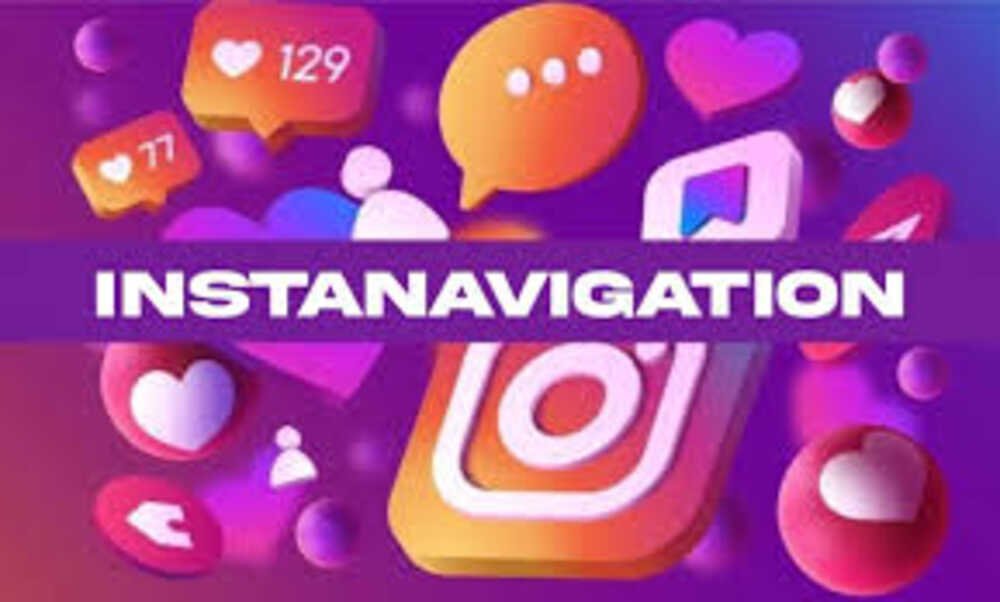Introduction
The “Fortnite lawsuit” has become a defining issue in the intersection of gaming, technology, and digital consumer rights. As we enter 2025, the legal landscape surrounding Epic Games’ flagship title, Fortnite, continues to unfold in dramatic and industry-shaping ways. With major lawsuits against Apple and Google, settlements with the Federal Trade Commission (FTC), and new legal challenges alleging addictive game design, Fortnite is no longer just a cultural phenomenon—it’s a case study in legal precedent. These legal battles have implications far beyond the courtroom, affecting millions of players, developers, and the broader tech industry. Questions about monopolistic practices, consumer protection, ethical game design, and the power dynamics within app marketplaces are at the heart of the matter.
Epic Games vs Apple: App Store Power Clash
The legal saga between Epic Games and Apple began in 2020 when Epic attempted to bypass Apple’s in-app purchase system by introducing its payment method within Fortnite. Apple responded by removing Fortnite from the App Store, prompting Epic to file an antitrust lawsuit alleging Apple maintained an illegal monopoly over iOS app distribution and payments. This legal battle has spanned half a decade, with rulings, appeals, and partial victories for both sides.
As of May 2025, the conflict has escalated once again. Epic submitted Fortnite for reinstatement on the U.S. App Store, but Apple has refused to act, citing ongoing legal uncertainties. Epic filed a motion to enforce the court’s previous injunction and hold Apple in contempt. The court had earlier ruled that Apple must allow developers to inform users of alternative payment methods, yet Apple’s continued restrictions have kept Fortnite off iOS for U.S. users. This latest development highlights the ongoing friction and the broader consequences for app developers seeking more equitable terms in digital marketplaces.
Epic Games vs Google: Landmark Antitrust Win
Epic Games brought an antitrust lawsuit against Google in a parallel case, challenging the tech giant’s control over its Play Store and in-app billing system. Epic claimed that Google engaged in anticompetitive practices by forcing developers into unfair commission structures, making it difficult for alternative app stores to compete.
In a significant win for Epic, a U.S. jury ruled in December 2024 that Google had violated antitrust laws. The court ordered Google to allow competing app stores and alternative billing options on Android devices. This decision set a powerful precedent, undermining Google’s app store monopoly and offering developers a more open ecosystem. However, as of May 2025, Google has filed an appeal, and the outcome remains in flux. Still, the ruling has caused ripples across the tech industry, prompting app developers to re-evaluate their distribution strategies and urging regulators worldwide to scrutinize dominant digital platforms more closely.
FTC Settlement: Consumer Refunds and Misleading Practices
In another significant legal setback, Epic Games reached a $245 million settlement with the FTC in response to allegations of deceptive billing practices. The FTC accused Epic of using “dark patterns”—design tricks that manipulate users into making unintended purchases, mainly targeting children and teens. Parents complained of unauthorized charges and a lack of adequate refund mechanisms.
Epic agreed to pay the fine and overhaul its payment and refund systems as part of the settlement. In 2025, the FTC began distributing refunds to affected consumers, with eligibility covering those charged without explicit consent between 2017 and 2022. This case has impacted how digital transactions are structured, pushing other companies to audit their user interfaces and adopt more transparent payment protocols.
Fortnite Addiction Lawsuit: Rising Concerns About Game Design
Adding to the legal woes, Epic Games now faces class action lawsuits alleging that Fortnite is intentionally addictive, particularly for minors. Filed by parents and advocacy groups, these lawsuits claim that Fortnite employs psychological tactics akin to gambling, such as randomized rewards and persistent engagement mechanics, without proper warnings or parental controls.
Legal experts note that this could mark a pivotal shift in how games are regulated and designed. The lawsuits argue that Epic failed to disclose Fortnite’s addictive nature and exploited children’s psychological vulnerabilities. If courts find merit in these arguments, it could open the door to sweeping reforms in game development, such as mandatory addiction disclosures, age-specific design limitations, and stricter parental oversight tools. The gaming industry is closely watching these developments, recognizing the far-reaching implications for future game design and marketing strategies.
Regulatory Ripple Effects: What’s Changing for Game Publishers
The cumulative impact of these lawsuits catalyzes regulatory reform across the digital landscape. Governments and regulatory bodies are beginning to impose new standards on app store operations, in-app purchases, and user data transparency. Some countries have already introduced legislation mandating open access to app stores and banning exploitative monetization schemes.
For game publishers, this marks a new era of compliance and accountability. Developers must now consider legal risks alongside creative and commercial goals. Many are revising their terms of service, age verification processes, and microtransaction models to stay ahead of potential lawsuits. Industry associations are calling for unified guidelines to ensure fairness, safety, and transparency in game design, particularly for games targeting younger audiences. The Fortnite lawsuit saga has catalyzed these broader regulatory conversations, influencing Epic and the gaming ecosystem.
Public & Industry Reactions
The public response to the Fortnite lawsuit has been mixed. While some gamers express frustration over Fortnite’s unavailability on specific platforms, others support Epic’s stand against corporate gatekeeping. The gaming community has been vocal on forums and social media, with hashtags like #FreeFortnite and #GamersUnite trending during key court rulings.
Industry reactions have been just as divided. Some developers praise Epic’s fight for fairer app store practices, while others worry about the precedent it sets for challenging platform holders. Apple and Google have defended their policies as necessary for security and operational stability. Meanwhile, legal analysts argue that these cases are reshaping the digital economy, potentially reducing platform power and giving creators more freedom over distribution and monetization.
Conclusion
The Fortnite lawsuit, now spanning several years and involving multiple legal fronts, is redefining the digital gaming landscape. The implications are vast and varied, from Epic’s battles against tech giants Apple and Google to settlements with the FTC and fresh lawsuits over game design ethics. These cases are not just about one game or one company—they reflect a broader struggle over who controls digital platforms, how consumers are protected, and what responsibilities game developers have toward their users.
As we move further into 2025, the outcomes of these lawsuits will shape future regulations, influence how games are developed, and determine how players interact with the digital services they use every day. Whether you’re a gamer, developer, or simply someone interested in the future of technology, the Fortnite lawsuit is a headline worth watching. It is, without doubt, a landmark moment in tech and gaming history.
Do Read: Depo Shot Lawsuit 2025: Brain Tumor Risk & Legal Update

![Fortnite Lawsuit – Latest News & Legal Developments [2025]](https://boldnews.co.uk/wp-content/uploads/2025/05/Fortnite-Lawsuit-–-Latest-News-Legal-Developments-2025-750x375.jpg?v=1747500409)













